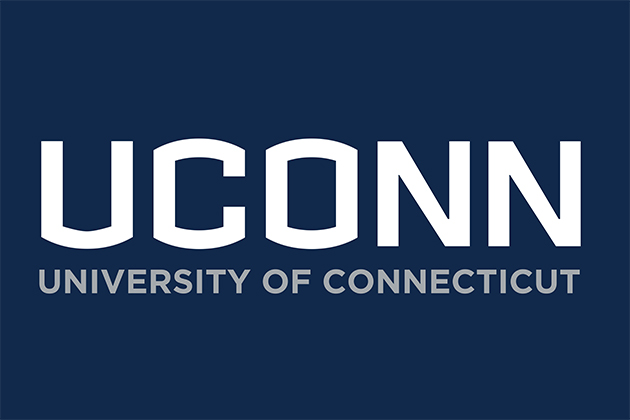The presidents of the Big 12 Conference today announced plans to remain at 10 schools and not expand, bringing an end to months of speculation that UConn’s athletic future might involve membership in the historically Midwestern league.
Although bound by a confidentiality agreement requested by the Big 12 when the formal membership evaluation process begin in July, UConn had actively engaged conference leadership for several months in conversations about the University as a prospective member school – resulting in a formal presentation by UConn President Susan Herbst, Director of Athletics David Benedict, and other university officials to conference leadership in early September.
“The announcement by the Big 12 Conference against expansion is not unexpected, and is indicative of the volatile world of college athletics administration,” said Herbst. “While I am sure many in our community are nervous about what this means for our future, I am confident that we have put our best foot forward with considerable effort to demonstrate how we currently operate our university and athletics programs at a ‘Power 5’ level and will continue to do so.
“We continue to support the American Athletic Conference and thank the league for its understanding during this process,” she continued. “We will remain a part of the conference realignment dialogue and other conversations on the state of collegiate athletics to be sure UConn’s interests are well represented. We also will continue our winning tradition with honor, integrity, and a commitment to the student-athlete first – a future we very much control.”
View the materials submitted by UConn to the Big 12 in September here.
UConn was a founding member of the Big East Conference when it formed in 1979, and has been a flagship member of the American Athletic Conference since its inception in 2013. In its 106-year history of intercollegiate athletic competition, the University has won 22 NCAA national championships and more than 100 conference titles across 24 varsity sports.
With Big 12 alignment off the table, the University will now focus on the continuing evaluation of what the future of UConn athletics will look like and what strategic path it might take in light of the current conference landscape, with an eye toward building upon its foundation of success in ways that have already shaped it as a ‘Power 5’ program.
“This is a time for all of UConn Nation to stand together and support our student-athletes and teams,” said Benedict. “I understand that this is a very emotional time for our alumni and fans. Emotion is part of what makes college sports great, and will help propel our Husky programs forward.
“UConn has a strong, national identity that reflects the academic quality of the institution and the high level of athletic achievement that has been built in all sports over the decades,” he said. “Regardless of conference affiliation, UConn has a record of national athletic success that has been the envy of many other institutions. We are proud of what we have accomplished and achieved, and we are committed to making sure all of our athletic programs continue to be positioned to win conference championships and be nationally competitive in the future.”
On top of its athletic pedigree, the University has seen its academic profile rise dramatically. Student-athletes in particular achieved their highest-ever academic performance rate, as measured by the NCAA last year. Six teams scored a perfect 100 percent graduation rate in the latest NCAA reporting, and the average grade point average among UConn’s 650 student-athletes was 3.0.
What’s more, UConn recently opened the world-class Werth Family Basketball Champions Center to complement the top-flight Mark R. Shenkman Training Center and the Burton Family Football Complex. New facilities for men’s soccer, baseball, and softball are imminent and in the planning stages – a commitment to athletic success that shows no signs of slowing.
“Throughout this process, our core academic values and research breadth have been an unquestioned strength,” said Herbst. “We have likewise enjoyed unparalleled success athletically through our outstanding record of NCAA competition and championships, and we are incredibly proud of our coaches and student-athletes. We have the same ability today to continue that pursuit of excellence as we did yesterday.”



